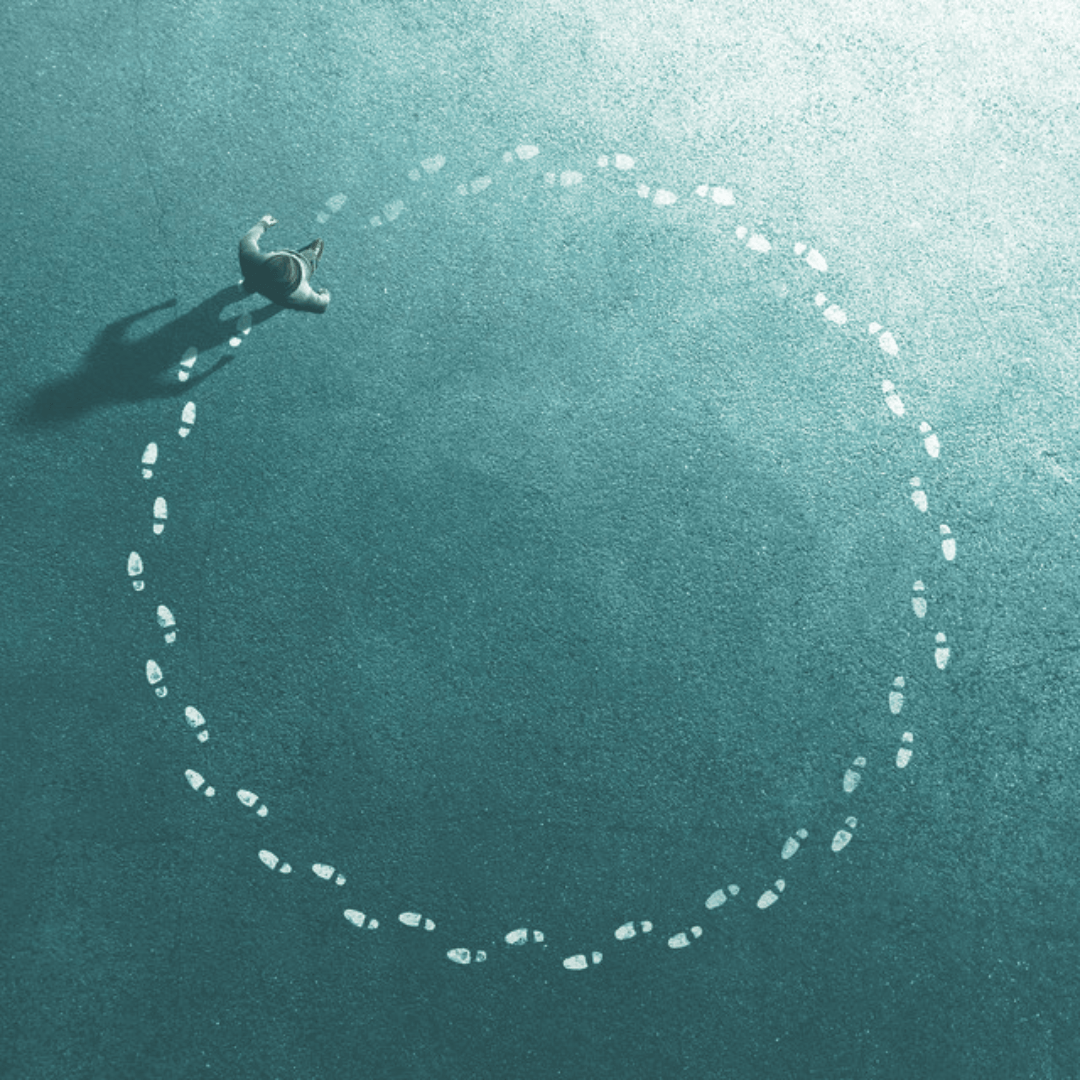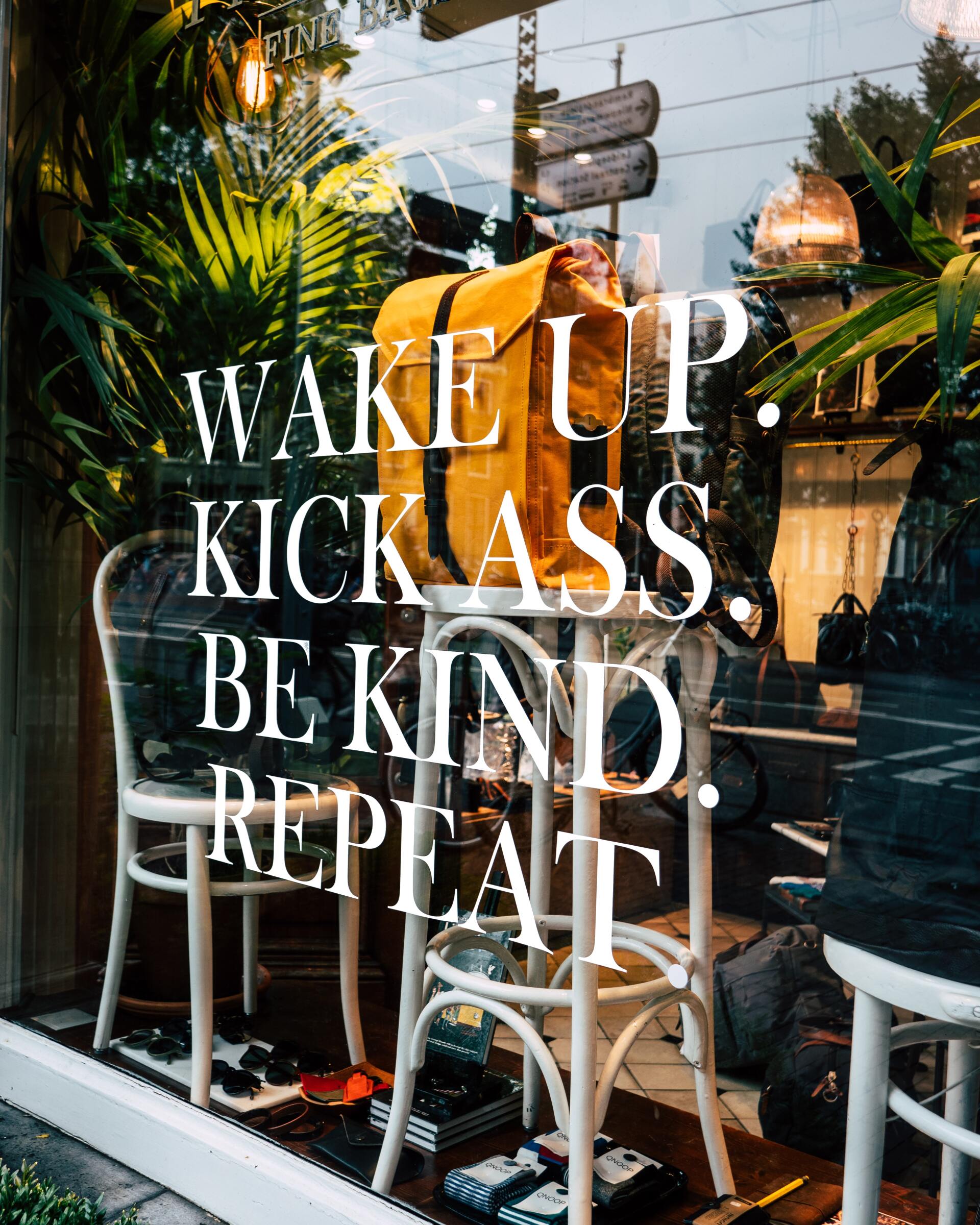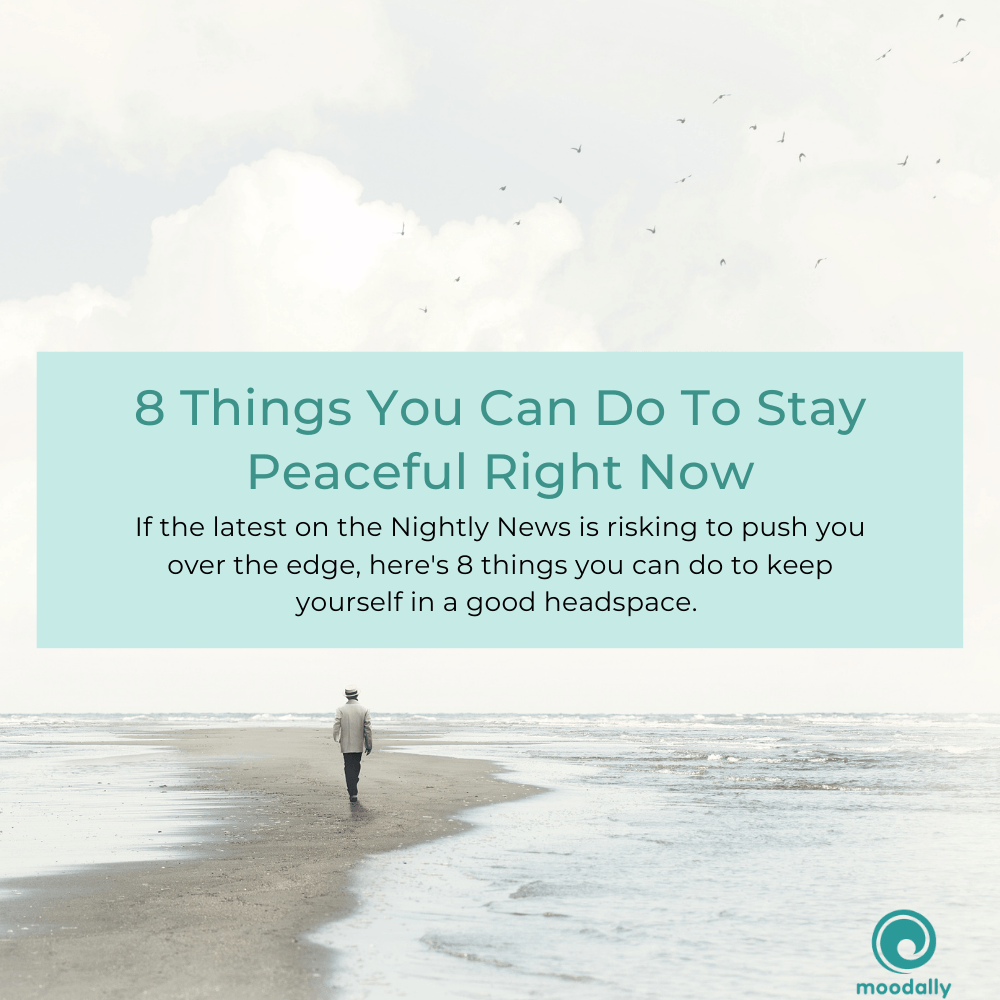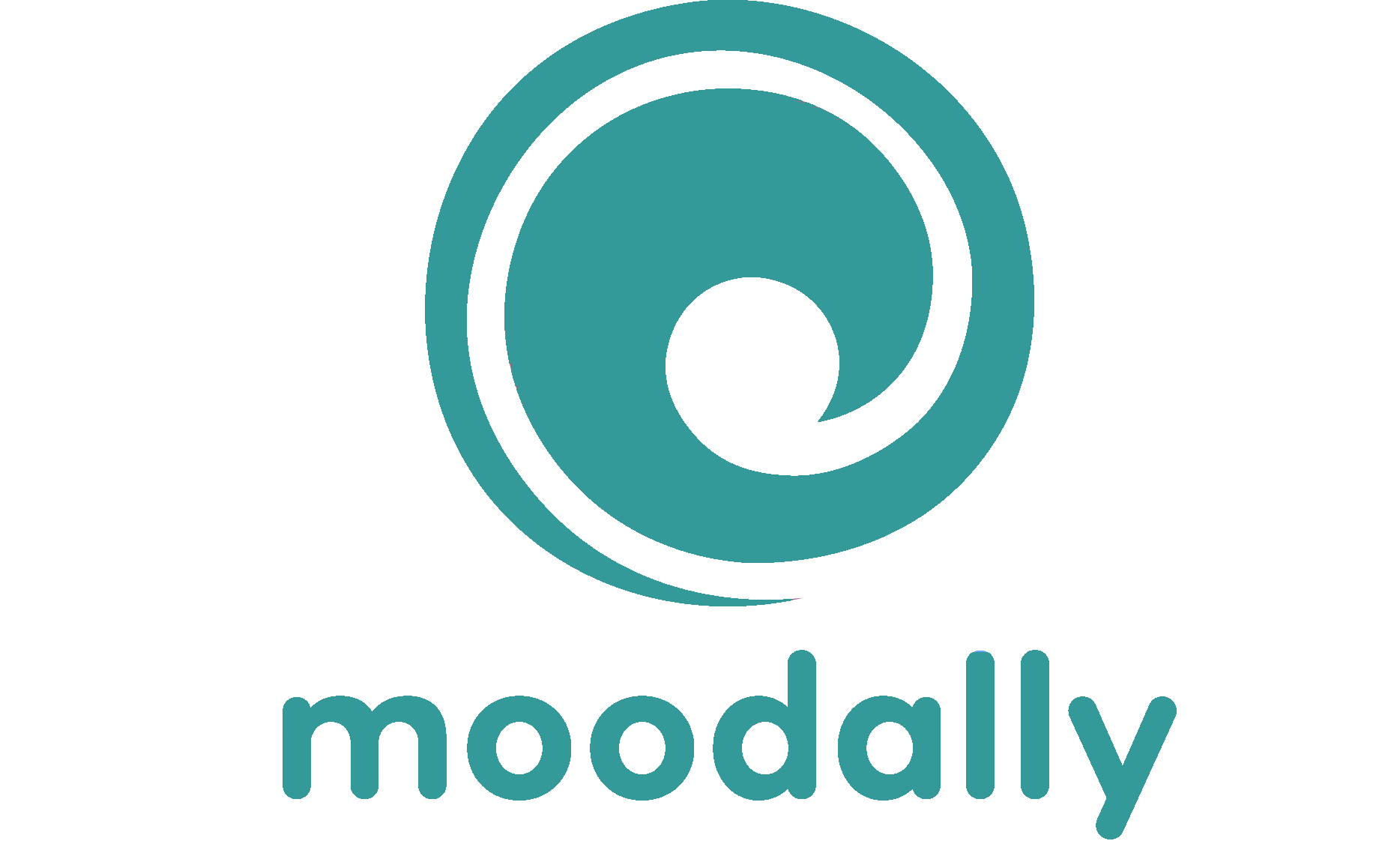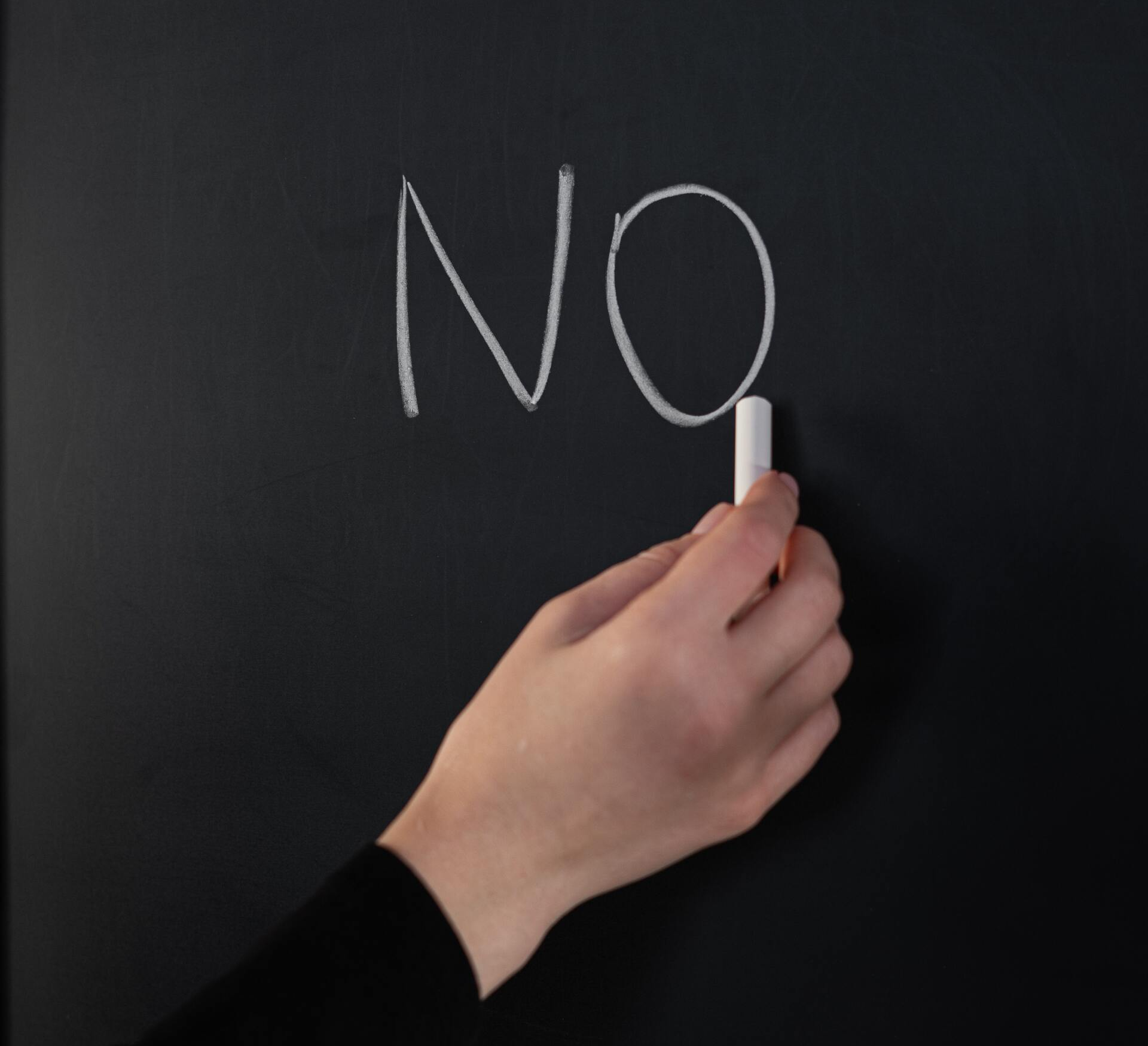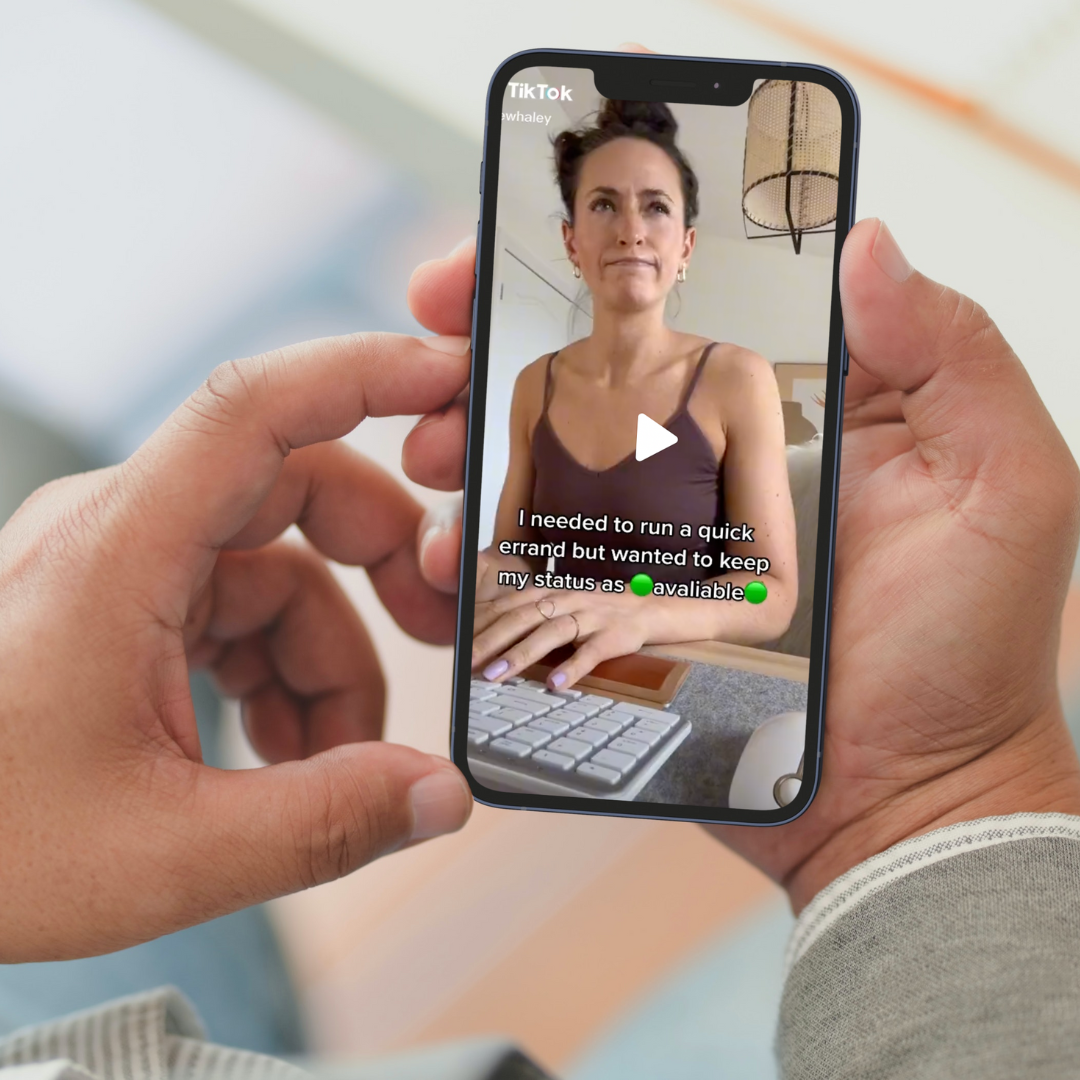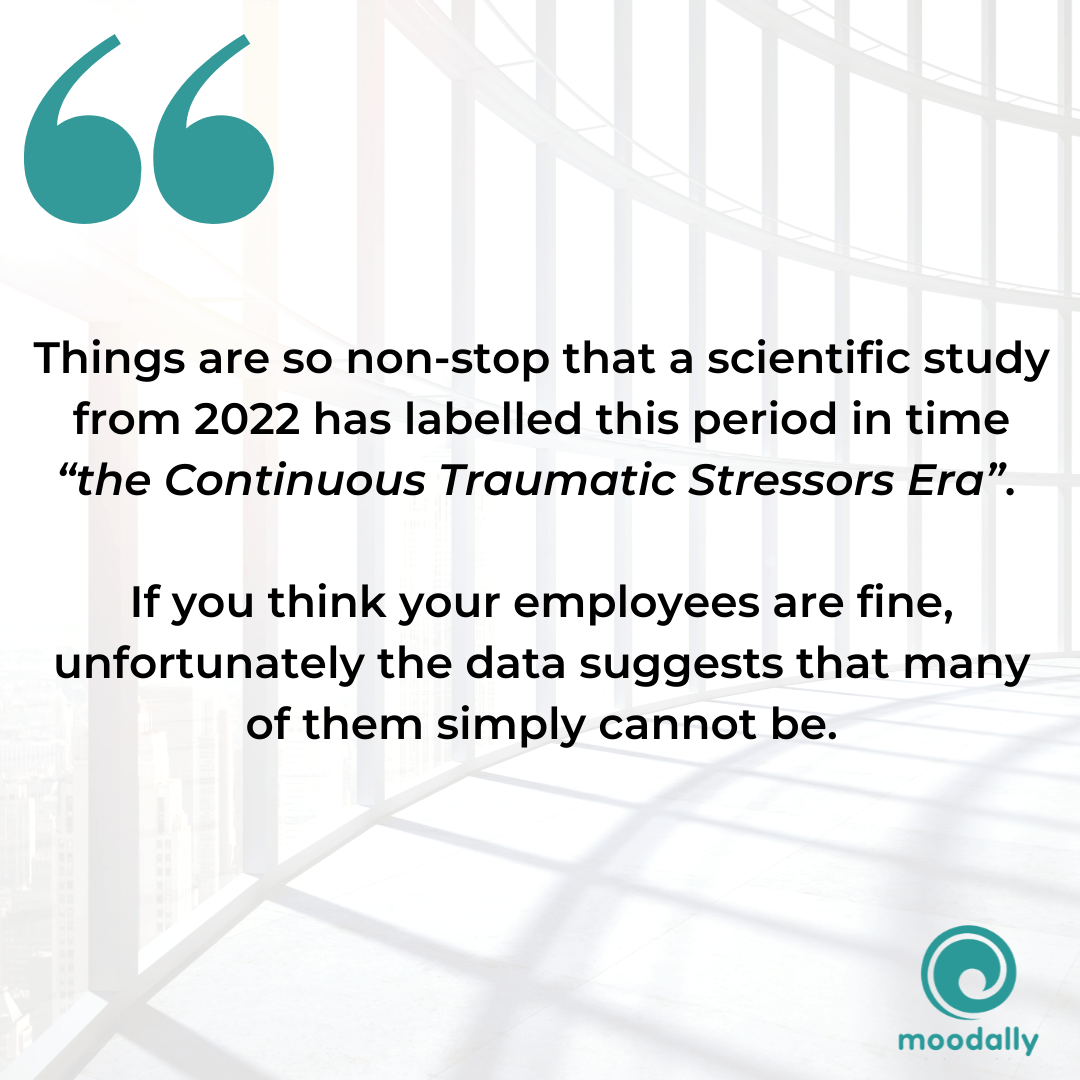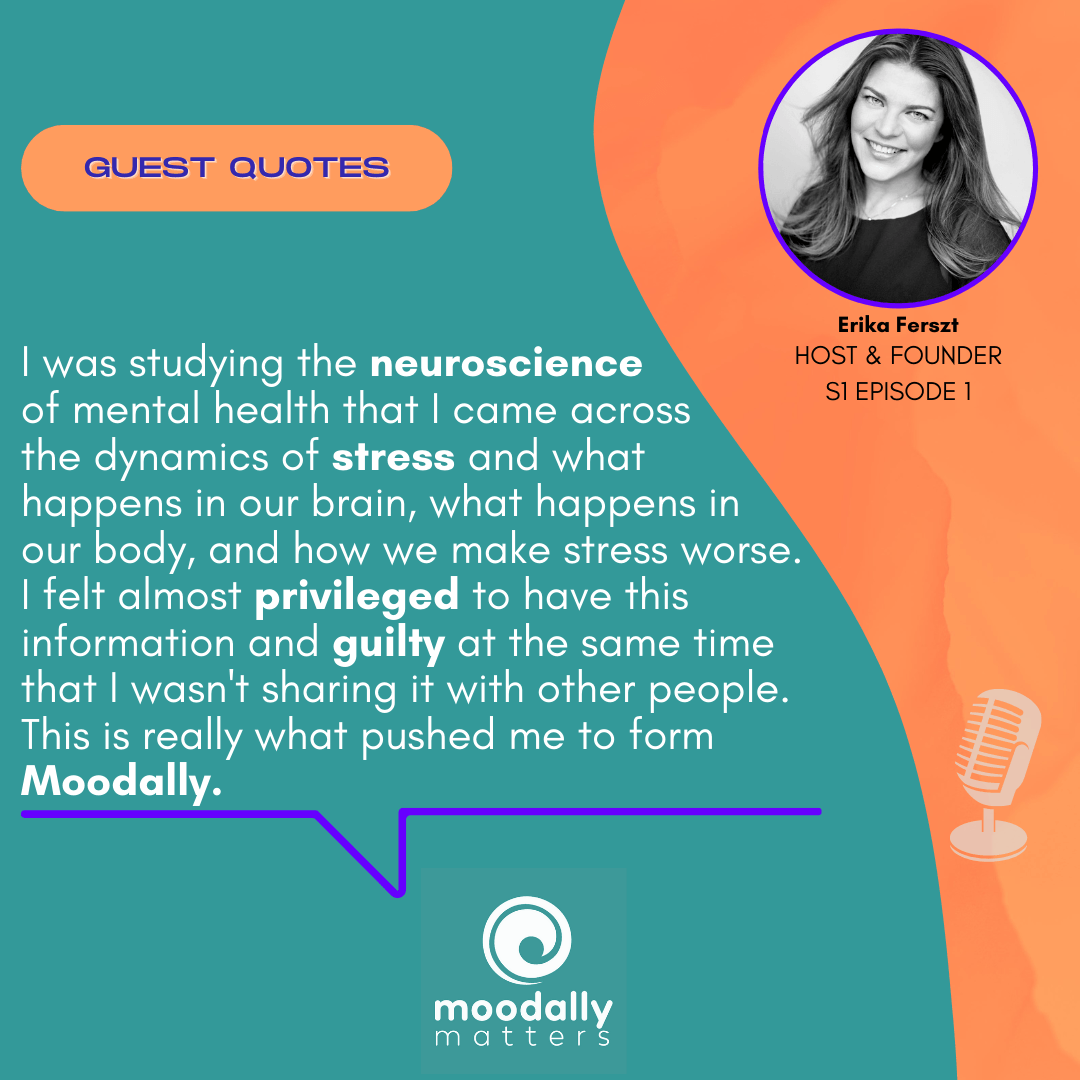Toxic Productivity: A new strain of workaholism
If you’ve never heard of toxic productivity, don’t be alarmed. It is a phenomenon that emerged as a result of the unique dynamics happening during the pandemic. Here's what you need to know:
Too long to read? Listen to the article here:
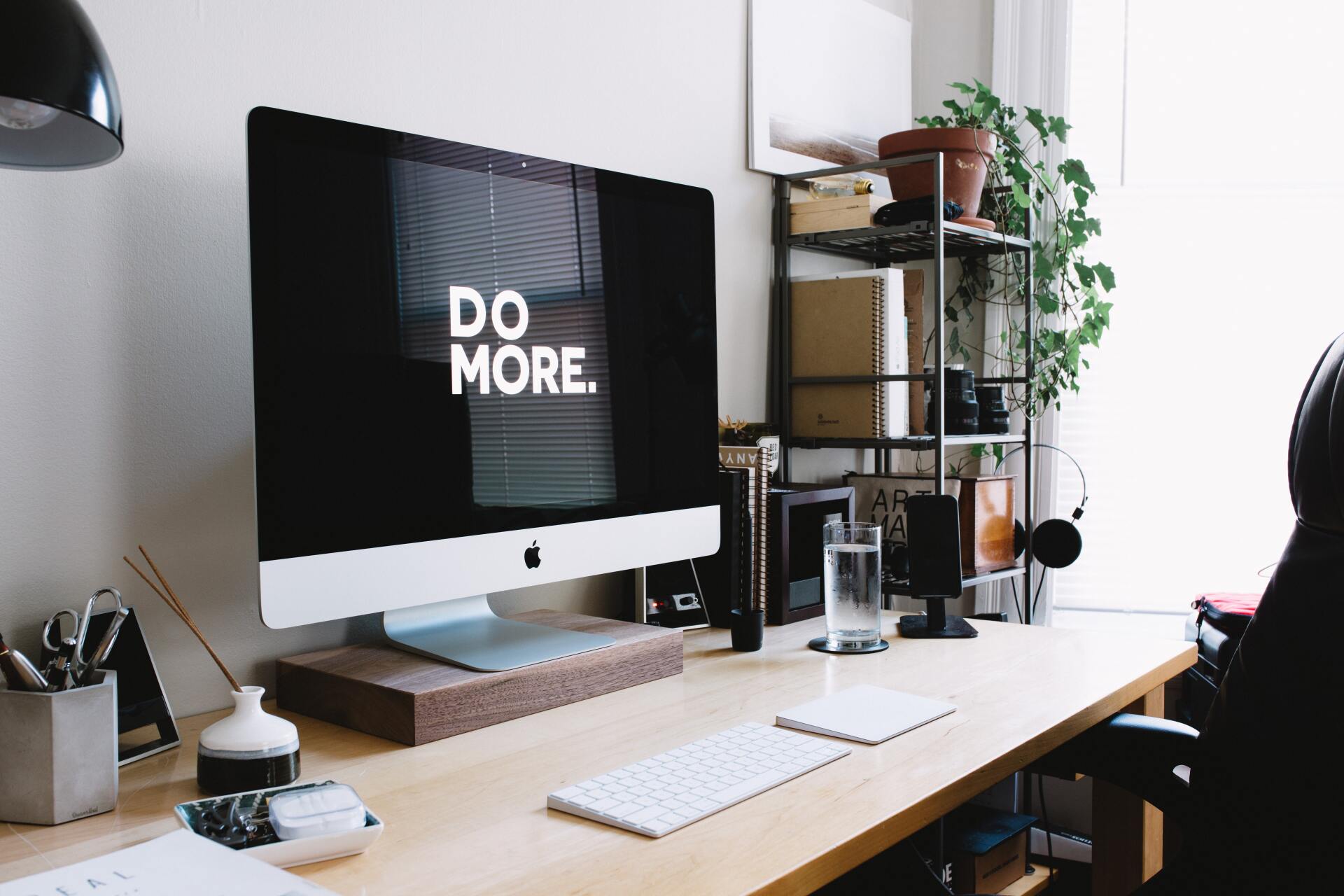
What is toxic productivity?
The short answer to this is that it is an inability to not be productive. Everything is looked at in terms of goal attainment or achievement. Every activity is approached as “What’s the point of this? What will I achieve? Why am I doing this?”. For example, the idea of going for a walk in the afternoon might be met with a “Why?” A toxically productive person (TPP) may ask questions of “Where are we going?” or “Who are we meeting?”. Until the person realizes, “Hey, I can get in my steps for the day.” Only then the walk makes sense to them. There’s no such thing as just taking a walk.
There is also some evidence that productivity may be used as an emotional response, similar to the way one might smoke a cigarette when stressed or drink at the end of a bad day. Productivity helps calm and neutralize unwanted moods, thoughts, or emotions. Productivity becomes a coping mechanism to deal with the proverbial demons that can pop up when stillness or silence falls.
The more complex answer is that it’s a protection and safety mechanism that becomes a compulsion, which develops into an addiction and can solidify into a personality. Toxic productivity has an element of control about it. With a cognitive thought equation that works out to “if I do more and if I achieve more then I’ll be safe or “‘they’ will love me”. You may find that it’s more common in people who had difficult childhoods, who were raised in poverty, whose day-to-day life was unpredictable, or who had excessive amounts of responsibility and expectations placed on them at an early age. You can also find it in children who were told from an early age that they HAD to be special, that they were unique, different, and better than others. It’s people who equate doing more with surviving better to the point that relaxation, and not being productive, almost feels risky or dangerous. It feels like failing. So Toxic Productivity is really the evil love child of Workaholism and Overachieving.
The even more complex answer is that Toxic Productivity involves some of the key systems in the body and the brain, blending into a perfect storm of publicly celebrated, and encouraged compulsive behavioral addictions. I mention above the fear response. At some point in their lives, frequently during the foundational years, a TPP will have experienced a situation of fear that led them to conclude that if they could just (make enough money, keep busy, win at everything, show the world they’re worthy, etc.) then they would feel safe and loved. Therefore achievement to their brains is fundamental to their basic human needs. (See image 1). If we add to this that every time we accomplish something - even something small - our body gives us a little hit of dopamine. Dopamine is our feel-good neurotransmitter. You will find the dopamine system at the center of most addictive behaviors. Some people overeat to get that feeling of safety and the dopamine high. Some take illegal substances. Productivity involves similar mechanisms.

To understand how dopamine works, Dr. Daniel Lieberman, professor and vice chair for clinical affairs in the department of psychiatry and behavioral sciences at George Washington University, said in a 2019 American Psychological Association podcast “I think perhaps the broadest way to describe dopamine is that it's designed to maximize future resources, and we can see that working in ourselves when we're constantly focused on the future, I need more. I'm not satisfied. I'm not a good enough person rather than just kind of taking a deep breath and saying wow, look at all the wonderful things I have, the good things I've done. I'm grateful for them. Dopamine doesn't want us to do that. It wants to keep us constantly on the run.” So this is what constantly pushes us for more. More food, more sex, more drugs…more productivity. He continues:
“There are certain behaviors that caused dopamine release that also can get out of control….It can make us obsessed with our work and take us away from having a personal life. And, of course, a work-life balance is very important, and dopamine can ruin that balance. But, it can also prevent us from getting satisfaction from what we're working for so hard. It's never enough. I saw a patient today who an incredibly successful real estate developer is, and he has more money than he will ever be able to spend and through his life, he's achieved higher and higher and higher levels. But, every time he takes a step, he starts comparing himself to the person at the higher level. And his self-esteem is terrible, despite all of his achievements. In spite of having a wonderful family, he constantly sees himself as a failure because he's always looking for what he has not yet achieved. And then that's a pathological behavior of dopamine.”
Add to this that with productivity there is NONE of the public judgment or shame that we might find in any other behavioral addiction. Quite the opposite. Achievement and productivity are actively encouraged by our workplaces and our society. It would be the equivalent of living in a culture that rewarded you for excessive drug use. We encourage people to do more, be more, have more. This means that at no point, particularly to people who are sensitive to the addictive nature of productivity, does a TPP person believe that what they are doing is unhealthy.
These three aspects blended together build a kind of perfect storm for personalities that might be at greater risk of developing an addiction to toxic productivity.
Are there people who can be more prone to be toxically productive?:
In a study published in Norway on workaholism, the research suggested that people with caretaker responsibilities of children living at home were more likely to be affected than those without children. The same study also suggested that workaholics tend to score higher on three of the five-factor personality traits:
• Agreeableness (personalities that are compliant, altruistic, and modest)
• Neuroticism (personalities that are impulsive, hostile, and nervous)
• Intellect/imagination (personalities that are open for new impulses, action-oriented and inventive)
Essentially people who have high needs for external validation or an inability to be still, coming from any variety of root causes, tend to be more susceptible to falling into the trap of toxic productivity.
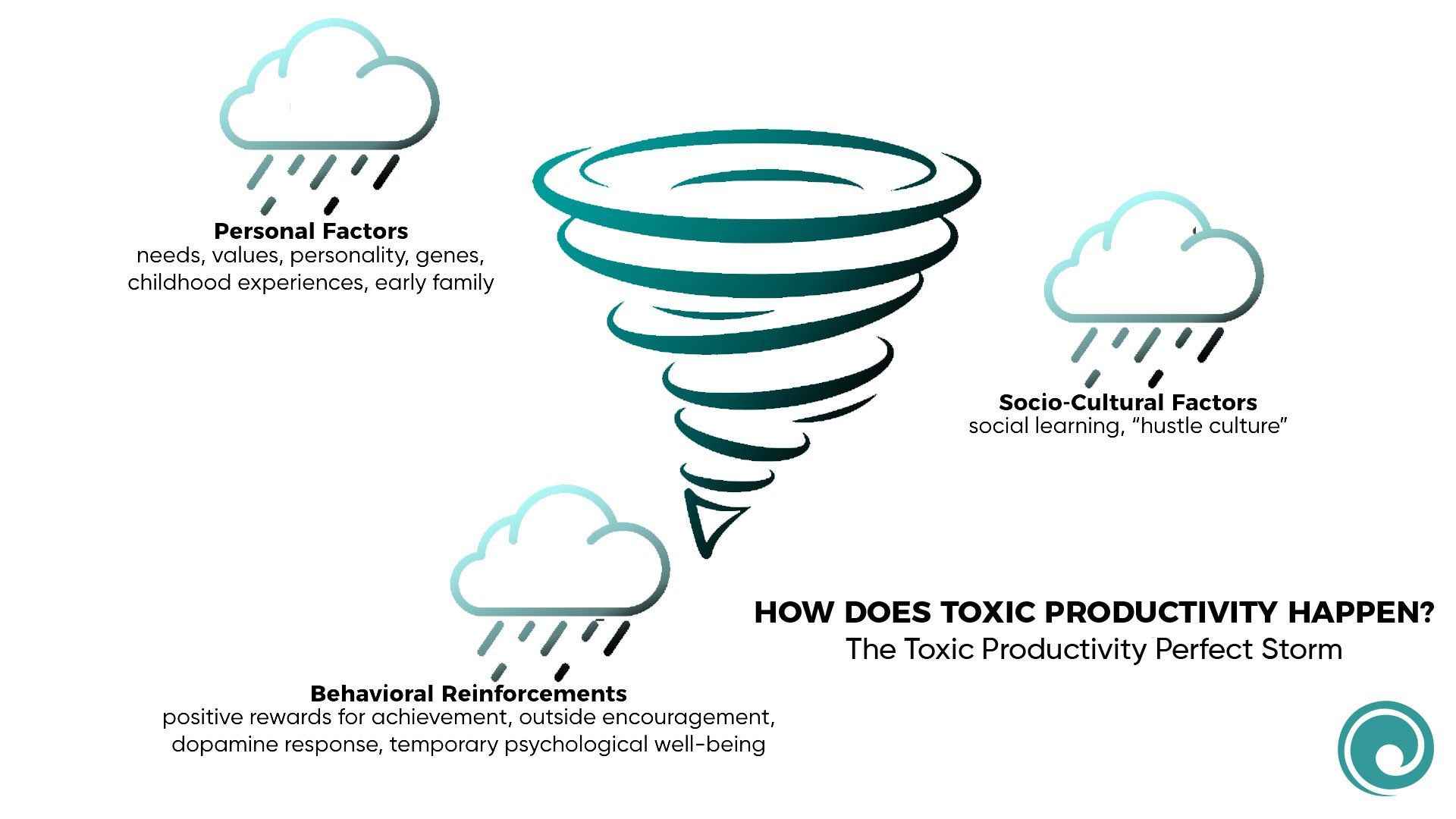
Why do you think we have seen the rise of toxic productivity recently? What impact do you think the pandemic has on it?
First and foremost for the unique set of circumstances in which we found ourselves recently. Workaholism is nothing new and we’re familiar with it as a concept. We’ve all had that friend, or parent, who loved to pull late nights in the office and it was difficult to get face time with them. When we removed the office as a destination and life was confined to four walls - whether alone or with our family - an urgent need had to be filled. In chemical addictions when a drug addict can’t obtain their drug of choice they move on to substitutes that provide the same high. If a TPP can’t go to work and travel or be constantly on the move, they can transfer that energy to something else that will give them the same sense of accomplishment that they had before.
While some may be alarmed at the idea of productivity being referred to in the same context as an addiction, I’d like to bring up another passage from Dr. Daniel Liberman:
“Really dopamine is the essence of addiction…There are different dopamine tracks in the brain, and depending on which one is particularly active, we can see different manifestations of this obsession with the future. So, for example, there is a track called Amis Olympic track, which we in the book called the desire pathway. And if you've got a very strong desire pathway, you're going to be a risk of becoming addicted to drugs. You're going to be constantly pursuing pleasure. That's where you're going to get your more, more, more. There's another pathway, though, that goes up to the frontal lobes. We call that the control pathway as opposed to the desire pathway, which is more immediate gratification. This plans for longer-term gain, and so, people with very strong control systems, are going to be more the type-A workaholics. They can't relax. They work incredibly hard. They're the kind of people who can afford beach houses but can't enjoy them. The last thing they're going to be able to do is sit on the beach, soaking up the sun.”
Going back to “Why today?”, where things get even more challenging in today’s world is the principal role that technology and social media play in our lives. The current technological landscape lends to the perfect storm that I describe above. As mentioned, when we accomplish anything - ticking off things on our to-do list, getting a like on Instagram - we get a hit of dopamine from our bodies. Our brain has two settings. Move towards things that we like and avoid things that we don’t like. The dopamine hit, as we’ve discussed, reinforces feel-good behaviors.
Once upon a time, in society, we had three domains; work, family, friends. We tried to find physical time to balance those three out. Today, on top of the real-life domains, we also have the digital world and its “always-on“ mentality. Now you have to be active on Facebook, Instagram, Tik Tok, Pinterest, LinkedIn, Google, Amazon, etc. These are all new domains and a constant flood of stimuli to the brain. For someone who has a psychological need to do well and do more, this is a buffet of new opportunities. Life becomes an endless list of things you have to be good at and things you “have to do”. What can end up happening is that the TPP starts to overstretch themselves and can eventually crash and burn. I think the plethora of early age burnouts that we’re seeing right now is a symptom of both the hustle-culture but also social media.
Regarding the pandemic, as I mentioned above toxic productivity can also be a protection behavior. Someone who uses productivity to feel safe will have this mechanism heightened exponentially when they find themselves in an actual situation of danger. Even more so when the situation of danger takes away all of your usual outlets of productivity. There may have been two reactions of this personality type in lockdown. The first reaction may have been shock, feeling like the ground has dropped out. This could have caused a sense of trauma, depression, or extreme anxiety. The likely response would then have been to start looking everywhere within the home for something to do. These people maybe took cooking classes, learned a new language, read 50 books, or other “extremist” productivity sports. We might ask, well what’s the problem with that? These seem like relatively healthy forms of self-improvement. And while the “what” may not be the issue, it’s the “why” they’re doing it that is dysfunctional. This can also put pressure on friends and family who may not deal with fear in the same way. If you have a toxic producer in the same house as someone who shuts down in the face of fear, they are likely going to be involved in an intricate dance of mutual triggering.
What are some consequences of toxic productivity?
Again the majority of data that we have available refers to workaholism, as there has been no research formally done on toxic productivity. However, the behavioral foundations are the same and so we can look to the existing research for clues.
The symptoms are pretty similar to what we can see in other addictions, including the effects on mood, tolerance, and withdrawal. People who meet qualifications for workaholism often experience stress more severely than others, leading to an increase in stress-related symptoms, both physical and psychological. Insomnia, sleep problems, difficulty waking up and fatigue can also be seen in TPP which may stem from a form of adrenal fatigue due to the body being on consistent overdrive.
Research also shows that workaholics report conflicts related to work-family life and can suffer from poorer functioning outside of work than people who are not workaholics. Finally, much research shows that workaholism correlates with lower levels of well-being, a sense of being healthy and happy, and work performance.
Could you tell me about Moodally? How does it work? How does it tackle issues around toxic productivity?
Moodally is a tool to help you manage your mood in real-time using creative materials designed according to scientifically verified techniques. Moodally was born out of my personal experience. I am a recovering toxic producer and had a burnout episode in 2015, which left me with stress-related vision loss in one eye, which was the catalyst for Moodally. While I was studying stress in my post-graduate program in the Neuroscience of Mental Health, I discovered so much incredible information about what our brain needs to manage stress, be productive, and feel good.
Mood is at the core of our daily experience; how we see life, and the possibilities it holds for us. If you are stressed, everything you experience is colored by that mood. We may not realize it but toxic productivity can keep our body in a constant state of stress. This is what makes it so hard to relax. The sensation of stress becomes our go-to state. This not only has devastating effects on our body, what’s not commonly known is that while we’re stressed we perform worse. We make more mistakes, our problem-solving skills are impaired, and our interpersonal abilities are challenged. The irony is that being in a heightened state of stress from toxic productivity can make us less productive.
The issue is that it’s very hard to know how to relax if you’re not used to it and not all the relaxation tools on the market are welcome to the general public. In my research on stress, I uncovered a scientific technique called Mood Induction that uses creative materials, without all the woo-woo, to help people shift their moods on demand. It’s been used in clinical research for over 50 years. Science has never been able to bring mood induction to market because they’re scientists and researchers. Mood induction requires experience and excellence in creative development and production to make it happen. My combination of experiences made me uniquely qualified to see the opportunity to improve people’s lives at work by bringing mood induction into the workplace. Thanks to the way our brain works, engaging with these materials over time can help improve our ability to emotionally self-regulate, which can contribute to an increased sense of well-being and improved performance.
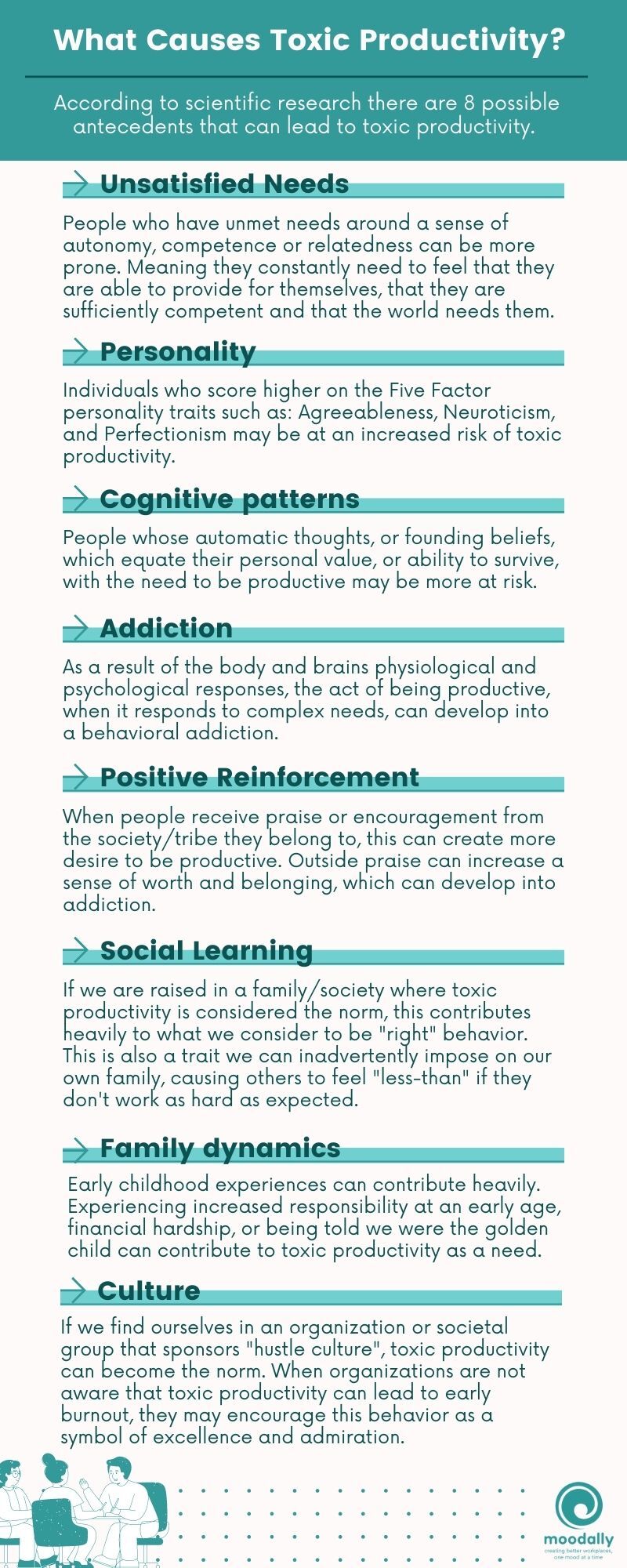
What tips would you give to help avoid toxic productivity?
The keyword is balance. The body was not designed to stay in any one state for too long. It needs balance. If we don’t give the body balance it will adjust itself and this can have long-term effects. There is some scientific literature that suggests that in select cases the body may induce a state of depression as an attempt to balance out the anxiety. So it’s important to begin to read signals of when we’re spiraling out and take steps to balance those out. I force myself, throughout the day, to walk away from the computer and go for a walk, take a shower, take a nap, jump on the trampoline….just do anything that doesn’t need to be done.
The important thing is to create a different relationship and mental association with relaxation or objective-free activities. The person may feel fear, guilt, or even shame for not doing something productive. The most healthy option is to get professional health to understand what motor is driving the behavior, however, that may not be the preferred option. So we look at some short-term hacks that can potentially lead to a knock-on effect. First, we make a list of all the things that we’d like to do in our life if time/money/distance/Covid wasn’t an issue: travel to Thailand, swim in the Meditteranean, roller skate in the mountains, bake bread in Italy..whatever. This helps the person dig into their personal pleasure trove. A lot of times we don’t relax because we don’t know what to do. When we have a list of things that we love we have some starting points. Then we schedule a time to just “touch” these things. Maybe we watch a video on YouTube about grandmothers baking bread in Italy. Maybe we find a recipe we’d like to try. Maybe we look into cooking classes in Tuscany. What the process of just being around the idea does is increase the amount of energy that we focus on things we like. Not things we have to do….things we like to do. Frequently toxically productive people are so focused on what they have to do that they’ve completely forgotten what they like to do. Investing energy in that discovery will start to awaken an internal voice that reminds us “Hey, you remember me?”
What tips would you give to protect our mental health against toxic productivity?
As I mentioned above since our need for toxic productivity is connected to something deeper, it’s important to understand WHY we do what we do. Why do we think we don’t deserve time off? Why do we think that the world will stop if we’re not busy? What are we afraid of when there isn’t constant noise all the time? Why does this define us? Rarely do toxically productive people see it as an issue. The culture we live in loves toxically productive employees. You know you can call them at any hour of any day and they will respond. This makes it very hard for them to make changes because the behavior is celebrated. So some work needs to be done on a cultural level - stopping glorifying the unbridled pursuit of success and celebrating the value of a balanced, healthy life.
We must be very clear on the type of life we want to live and are willing to put the boundaries in place to defend that. No one likes to hear the word “no”, not our bosses, not our families, not our friends, not our institutions. But sometimes no is the one word you need to say to protect your well-being. We must understand that our well-being, mental and physical, is first and foremost our job. If we’re not healthy it won’t matter how productive we’ve been. I think that the one benefit of the pandemic is the fact that well-being and mental health - in its non-clinical form - are taking center stage. People are starting to be aware of the fact that there’s an issue and it demands change. Realizing there’s a problem is the absolute first necessary step to solving it. So I’m optimistic.
If you are dealing with someone who has this behavior, any attempt to change them will be met with pure resistance. As stated above, if the person doesn’t perceive their behavior to be damaging, any person suggesting it is will be considered aggressive, ignorant, jealous, or unsupportive. For the person to arrive at their own conclusions there is a technique called Motivational Interviewing. This process digs into the why’s behind the behavior. The intention is to bring the TPP to their realization that the behavior is extreme and that there is room for more healthy options.
On a more clinical side, cognitive behavioral therapy is the gold star in dealing with behavioral addictions. The most common thought patterns that we can see in TPP are “I must finish this myself, as no one else does it right”, “If I’m not working, then I’m lazy”, “I can’t take a break, things will fall apart”, “I would take a break if I could, but there’s too much to be done.”.
Interestingly in recent years, science has been rewriting its position on workaholism by making “engagement” a key modifier. Meaning that if you work a lot and don’t enjoy it then it’s bad but if you work a lot and do enjoy it it’s not so bad. This may be one of the roots of where the encouragement of the hustle culture is born. Yet as someone who can speak from personal experience, I loved my job and had no problem putting in 16-18 hours a day. That didn’t keep me out of the hospital though. This is one of the things that we seem to forget when we discuss burnout. It’s not only a psychological occurrence, there are physical health problems that develop in your body whether you love your job or not. So while psychologists may like to make a distinction between un-enjoyed workaholism and “engaged” workaholism, your body doesn’t necessarily care. Very much in the same way that drinking 2 bottles of wine because you’re depressed will bring about the same hangover symptoms that drinking 2 bottles of wine to celebrate will. This is one of those rare cases where the context doesn’t change the facts.
Article sources for more information:
Sources:
Andreassen C. S. (2014). Workaholism: An overview and current status of the research. Journal of behavioral addictions, 3(1), 1–11. https://doi.org/10.1556/JBA.2.2013.017
Andreassen, C. S., Schaufeli, W. B., & Pallesen, S. (2018). Myths about “The myths about work addiction” Commentary on: Ten myths about work addiction (Griffiths et al., 2018). Journal of behavioral addictions, 7(4), 858-862.
“The Prevalence of Workaholism: A Survey Study in a Nationally Representative Sample of Norwegian Employees” by Cecilie Schou Andreassen, Mark D. Griffiths, Jørn Hetland, Luca Kravina, Fredrik Jensen, and Ståle Pallesen in PLOS ONE,August 13 2014 2014 doi:10.1371/journal.pone.0102446
Atroszko, P. A., Demetrovics, Z., & Griffiths, M. D. (2019). Beyond the myths about work addiction: Toward a consensus on definition and trajectories for future studies on problematic overworking, Journal of Behavioral Addictions, 8(1), 7-15. Retrieved Oct 16, 2021, from https://akjournals.com/view/journals/2006/8/1/article-p7.xml
Sussman S. (2012). Workaholism: A Review. Journal of addiction research & therapy, Suppl 6(1), 4120. https://doi.org/10.4172/2155-6105.S6-001
APA Speaking of Psychology Podcast: The Molecule of More: Dopamine, Episode 76, Daniel Z. Lieberman, MD, and Michael E. Long
Did you know that toxically productive employees may actually perform LESS than other employees? Here's why...
Discover the 18 Ways Mood is Affecting Your Workplace
Access our free e-book.
Receive your E-book Now
Hi and thanks for your interest in Moodally.
You will be automatically redirected to a page where you can access the ebook directly and download it.
Thank you for being apart of the mood mission!
Please try again later.
